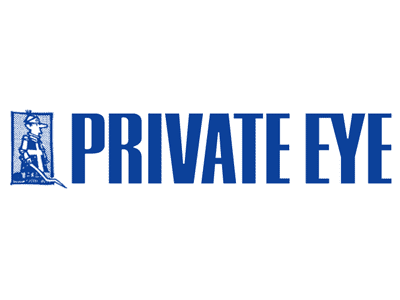Driving and Motability
There are over a million disabled motorists in the UK. Having your own vehicle may be the best option for you. You can either drive it yourself or have someone drive it for you.
Getting a vehicle through Motability
You can lease a car, scooter or powered wheelchair through the Motability Scheme if you’ve been awarded:
- the higher rate mobility component of Disability Living Allowance (DLA) for 12 months or more
- the enhanced rate mobility component of Personal Independence Payment (PIP) for 12 months or more
You pay to join the scheme using only the mobility components of your DLA or PIP, the care component of the benefits continue to be paid to you every four weeks. There is also an advance payment for certain cars depending on the specification and car you request. The scheme does not pay for your fuel, but does cover:
- insurance, including tyre and windscreen replacement cover
- breakdown cover
- vehicle tax
Getting a Motability car (click to Citizens Advice)
Help with the cost of owning a vehicle
You do not need to be a member of Motability to:
- get exemption or discount on vehicle tax if you claim certain benefits
- claim back the VAT if you pay to adapt a car
Driving lessons
If you are a Motability customer, the charity may pay for up to 40 hours of driving lessons.
- Learning to drive (more info from Motability)
- Help with the cost of driving lessons (more info from Motability)
If you’re not a Motability member, there are disability driving instructors who can help you.
Find organisations who could help with the cost of driving lessons (more info from Driving Mobility).
Adapting your car
Driving Mobility can assess what kind of adaptations you might need. There are 17 regional driving assessment centres across the UK. As well as adaptations, they will also assess your ability to drive.
- Ask them to advise you on who can fit your adaptation.
- You should always get more than one of estimate on how much it will cost.
Get the VAT (Value Added Tax) back on an adapted car can be found here. (Click for more info)
Blue Badges and parking
If your condition means that you find it hard to get around, you may be able to get a Blue Badge. This helps you park nearer to places you want to go.
Apply for the Blue Badge scheme (GOV.UK) or check with your local council.
Check where Blue Badge holders can park (by postcode).
BlueBadgeParking is a free, crowd-sourced, not-for-profit map of disabled parking around the world.
People’s Parking helps disabled people find an accessible car park.
Last Updated on




